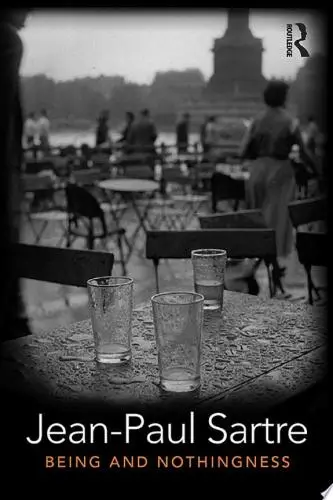
Being and Nothingness
An Essay in Phenomenological Ontology
What's it about?
Being and Nothingness by Jean-Paul Sartre explores the concept of existence, emphasizing individual freedom and the role of consciousness in shaping your reality. You will encounter ideas about being-for-itself (consciousness) and being-in-itself (objects), revealing how your choices define your essence. Sartre challenges you to confront the absurdity of existence and the weight of responsibility that comes with freedom, encouraging deep reflection on your own existence and relationships. This philosophical journey invites you to engage authentically with the world around you.
About the Author
Jean-Paul Sartre was a French philosopher, playwright, and novelist, central to existentialism. His seminal works include "Being and Nothingness" and "Nausea." Sartre's writing explores themes of freedom, responsibility, and the absurdity of existence, characterized by a profound, introspective style. His existentialist perspective influenced 20th-century thought profoundly.
5 Key Ideas of Being and Nothingness
Embrace Your Freedom, Embrace Your Anxiety
Recognizing that we are fundamentally free can be liberating, yet it also brings anxiety because we are responsible for giving our lives meaning.
Imagine standing at a crossroads without a map. This freedom to choose any path reflects the gift and the burden of our human condition.
- Freedom is inherent: We are condemned to be free, meaning we must make choices, whether we want to or not.
- Responsibility is personal: With complete freedom comes the weight of taking full responsibility for our actions and their consequences.
- Anxiety as a sign of freedom: Anxiety arises because of the vast horizons of choice, a reminder of the depth of our liberty.
Today, consciously make one choice that reflects your authentic self, understanding its value and consequences.
Avoid blaming external circumstances for your life; remember, you are the architect of your reality.
Redefine Your Purpose
Our essence is not predefined; it is something we must continually create based on our actions and choices.
Think of yourself as a sculptor with a block of marble. Each choice is a chisel strike that continually shapes who you are.
- Existence precedes essence: We are born without a predetermined purpose, and it is through living that we define who we are.
- Action defines identity: It is not what we think, but what we do, that shapes our true self.
- Dynamic purpose: Purpose is not static; it evolves with every decision and action we take.
Write down a list of what you wish to become and start taking actions that align with that vision today.
Avoid being passive; resist the urge to let societal labels dictate your identity.
Perception Filters Your Reality
The world we experience is a construct of our perceptions, influenced by personal biases and ambitions.
Our life is like wearing a pair of tinted glasses; the color of the lens affects how we perceive everything around us.
- Subjectivity is central: There is no objective reality independent of our perspective—our perceptions shape our world.
- Interpersonal reality: How others perceive us feeds back into our self-conception, affecting our behavior and choices.
- Conscious awareness: By recognizing the subjective nature of perception, we can strive to see more clearly and make authentic decisions.
Spend a day observing how your emotions influence your perception of events and strive to rise above biases.
Do not assume that how you see the world is how it truly is; remember your perception is not absolute truth.
Deeper knowledge. Personal growth. Unlocked.
Unlock this book's key ideas and 15M+ more. Learn with quick, impactful summaries.
Read Full SummarySign up and read for free!
Being and Nothingness Summary: Common Questions
“Man is condemned to be free; because once thrown into the world, he is responsible for everything he does.” This quote captures the essence of existentialism that Jean-Paul Sartre explores in Being and Nothingness. The book delves deep into the nature of consciousness and existential freedom, revealing how our sense of self is shaped by our choices and experiences. Sartre's exploration of the concept of 'being' versus 'nothingness', where he posits that existence precedes essence, had me hooked, creating a beautiful complexity about what it means to live authentically.
I found myself scratching my head a bit around Sartre's discussions on bad faith—the idea that people deceive themselves to escape the anxiety of freedom and responsibility. It’s quite a thought-provoking concept that had me questioning the ways I may be living inauthentically. The dense philosophical arguments and the intricate structures of his reasoning require careful consideration, which is both challenging and rewarding for readers.
Overall, I felt inspired by Sartre’s call for personal responsibility and authenticity in the face of an absurd universe. If you enjoy works that challenge the mind and dig deep into personal freedom, you might find this book alongside others like The Myth of Sisyphus by Albert Camus or Nausea, also by Sartre, to be compelling reads. I highly recommend diving into Being and Nothingness—it’s a dense journey, but one filled with invaluable insights.
Experience Personalized Book Summaries, Today!
Discover a new way to gain knowledge, and save time.
Sign up for our 7-day trial now.
No Credit Card Needed

Similar Books

The Hobbit
J.R.R. Tolkien
Fichte
Johann Gottlieb Fichte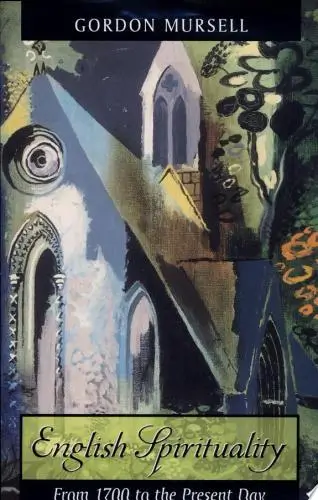
English Spirituality
Gordon Mursell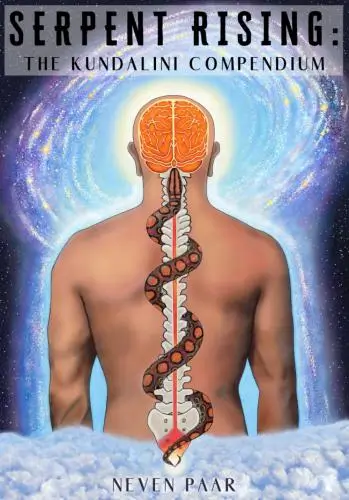
Serpent Rising: The Kundalini Compendium
Neven Paar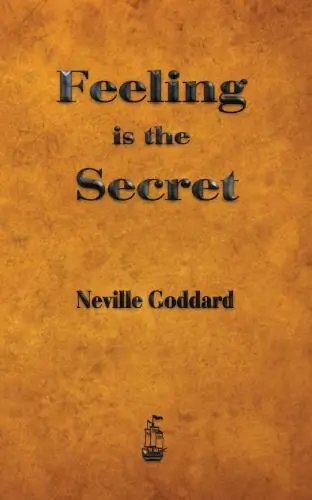
Feeling Is the Secret
Neville Goddard
How to Read the Akashic Records
Linda Howe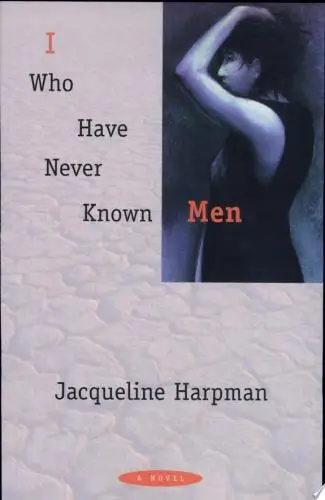
I Who Have Never Known Men
Jacqueline Harpman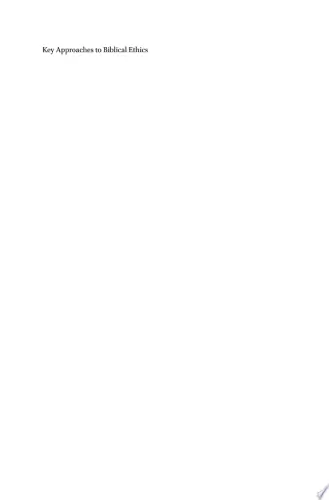
Key Approaches to Biblical Ethics
Rabens, Volker
Macbeth
William Shakespeare
Hamlet
ShakespeareTrending Summaries

Peak
Anders Ericsson
Never Split the Difference
Chris Voss
Smart Brevity
Jim VandeHei
The Psychology of Money
Morgan Housel
The First 90 Days
Michael D. Watkins
Atomic Habits
James Clear
Thinking, Fast and Slow
Daniel Kahneman
The Body Keeps the Score
Bessel van der Kolk M.D.
The Power of Regret
Daniel H. Pink
The Compound Effect
Darren HardyNew Books

Forex Trading QuickStart Guide
Troy Noonan
Comprehensive Casebook of Cognitive Therapy
Frank M. Dattilio
The White Night of St. Petersburg
Michel (Prince of Greece)
Demystifying Climate Models
Andrew Gettelman
The Hobbit
J.R.R. Tolkien
The Decision Book
Mikael Krogerus
The Decision Book: 50 Models for Strategic Thinking
Mikael Krogerus
Fichte
Johann Gottlieb Fichte
Do No Harm
Henry Marsh
